Optimal Timing for Asphalt Sealcoating
Applying asphalt driveway sealcoatings at the optimal time ensures longevity and effective protection. The best period typically depends on climate conditions, temperature, and moisture levels, which influence the curing process and adhesion of the sealant.
Sealcoatings perform best when ambient temperatures are between 50°F and 85°F, promoting proper curing without premature drying or softening.
Clear, dry days with low humidity are preferable to prevent moisture interference and ensure proper adhesion of the sealant.
Late spring through early fall is generally ideal, avoiding extreme heat or cold that can hinder the process.
Sealcoating should be scheduled when there is no forecast of rain or frost, as moisture can compromise the coating's effectiveness.
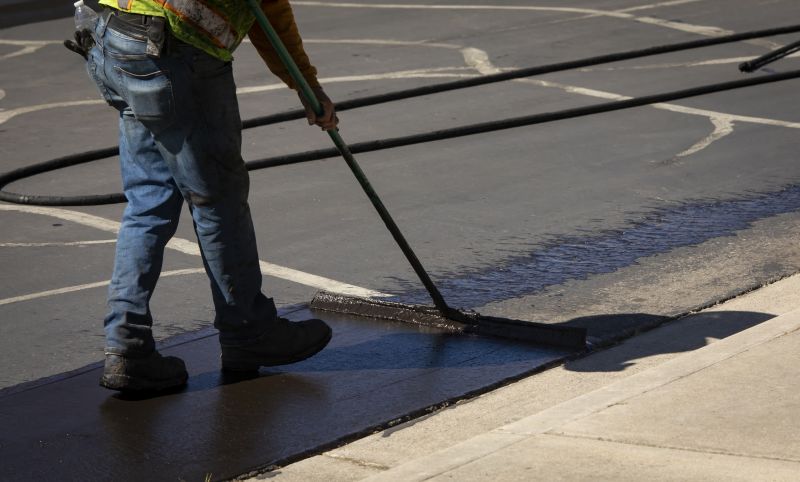
Spring offers moderate temperatures and longer days, ideal for effective sealcoating projects.
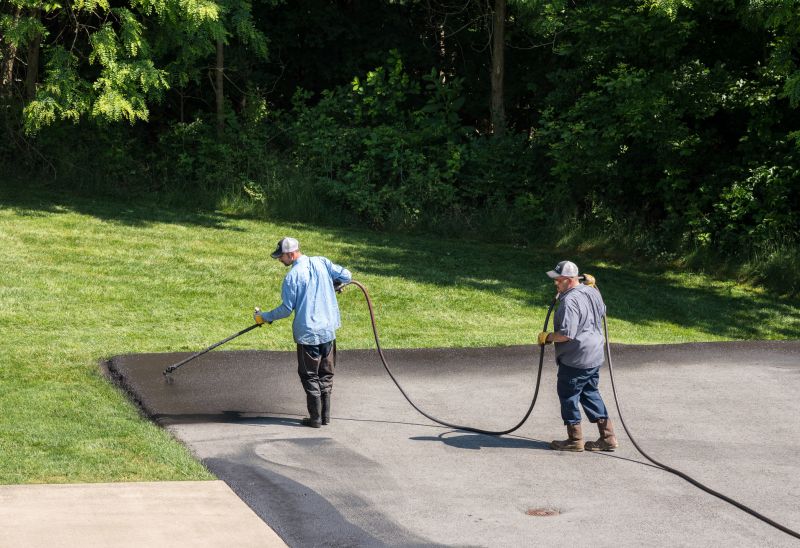
Warm weather and low humidity facilitate quick curing and durable finishes.
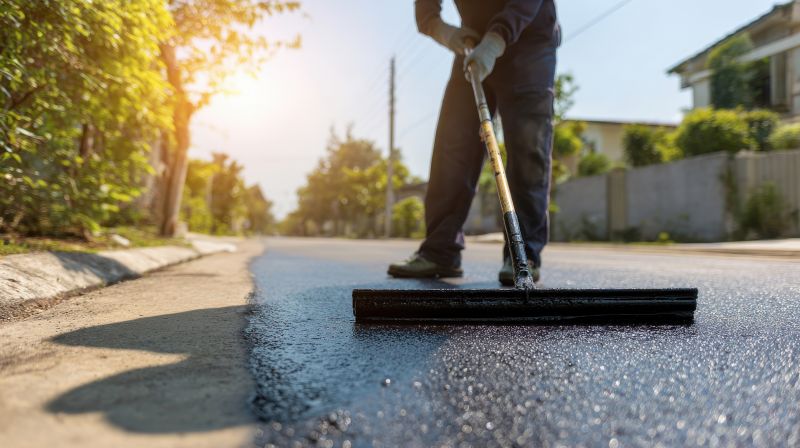
Early autumn provides suitable temperatures before colder weather sets in.
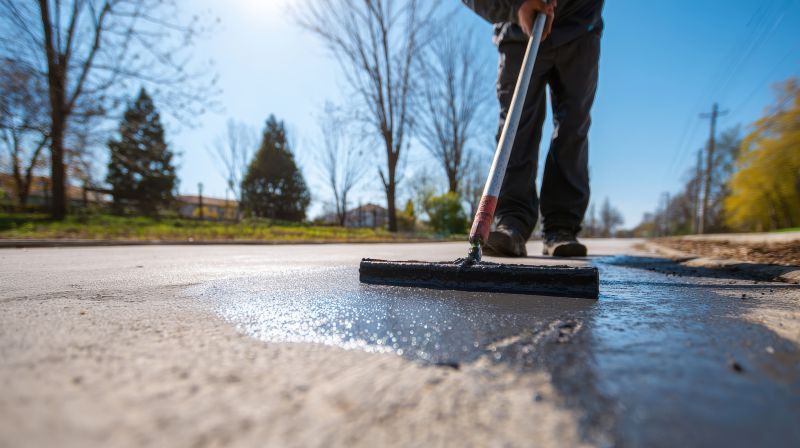
Cold temperatures and frost make winter an unsuitable time for sealcoating.
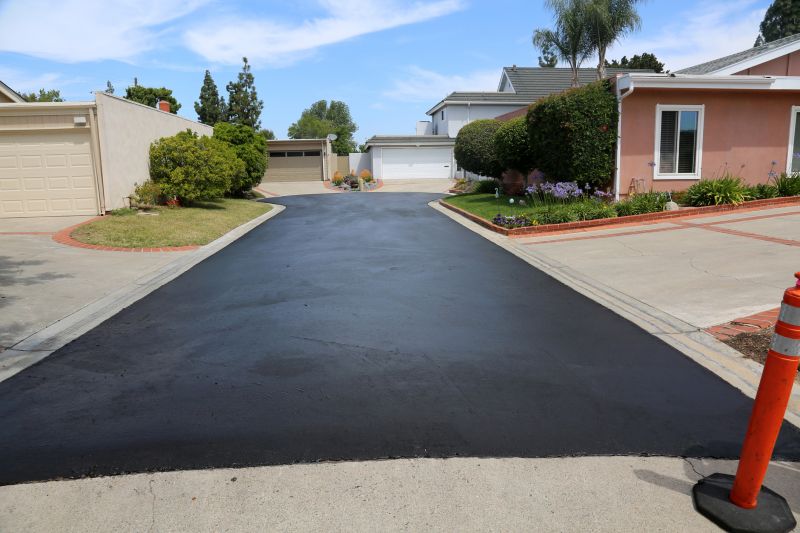
Ways to make Asphalt Driveway Sealcoatings work in tight or awkward layouts.
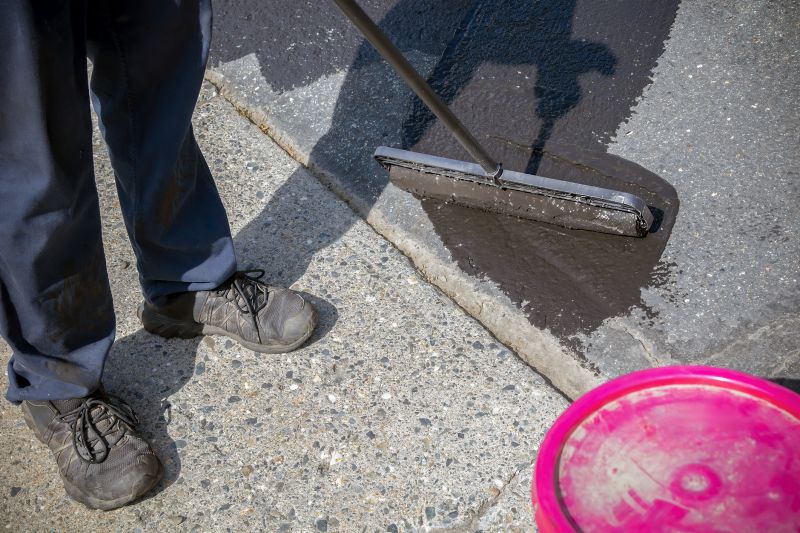
Popular materials for Asphalt Driveway Sealcoatings and why they hold up over time.
Asphalt driveway sealcoatings are protective layers applied to surfaces to extend their lifespan and improve appearance. They act as barriers against water, oils, and UV damage. Proper application and timing are crucial for maximizing benefits. Sealcoating can significantly reduce the need for repairs and maintenance, saving costs over time.
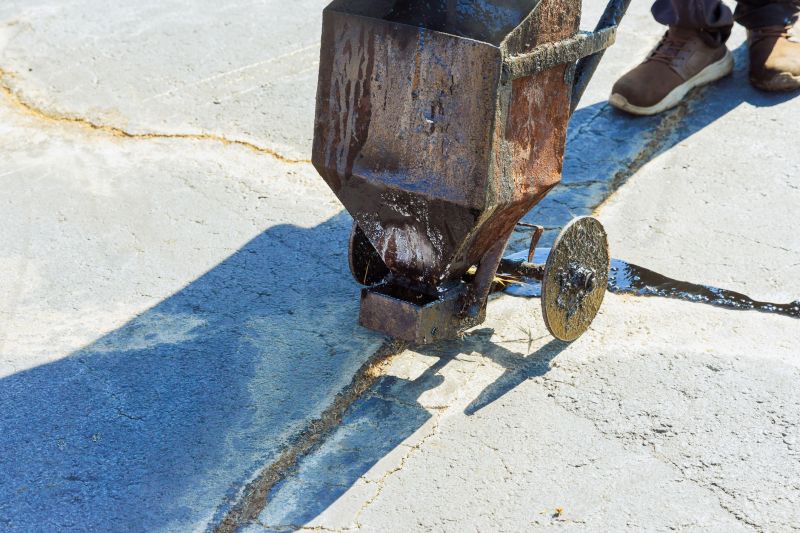
The process involves cleaning the surface, applying the sealant evenly, and allowing adequate curing time.
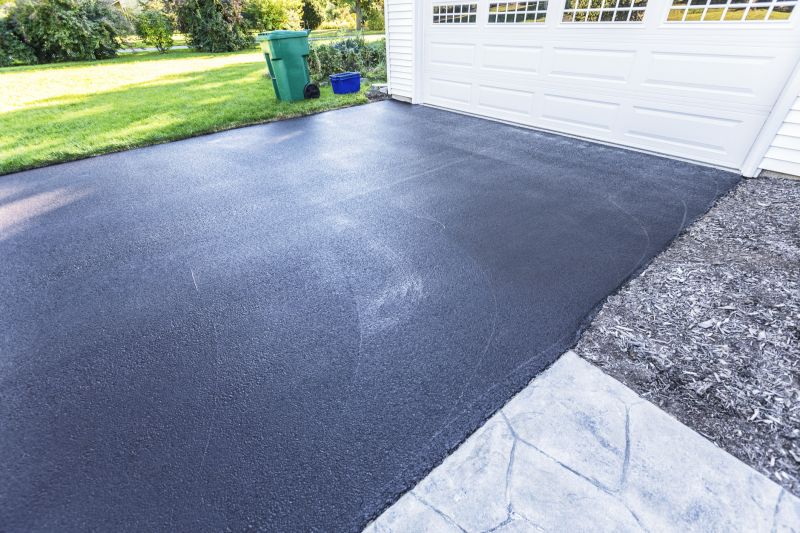
Enhances curb appeal, protects against damage, and prolongs pavement life.
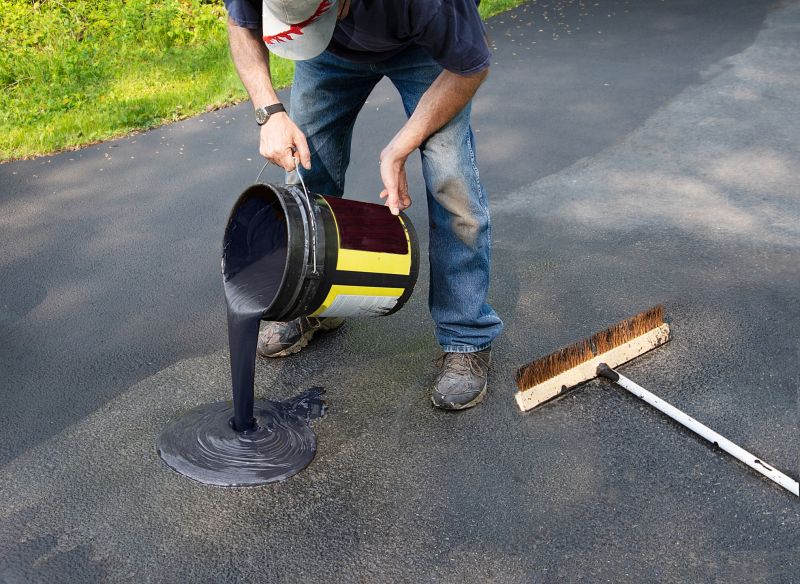
Asphalt-based emulsions and coal tar are typical options, chosen based on project needs.
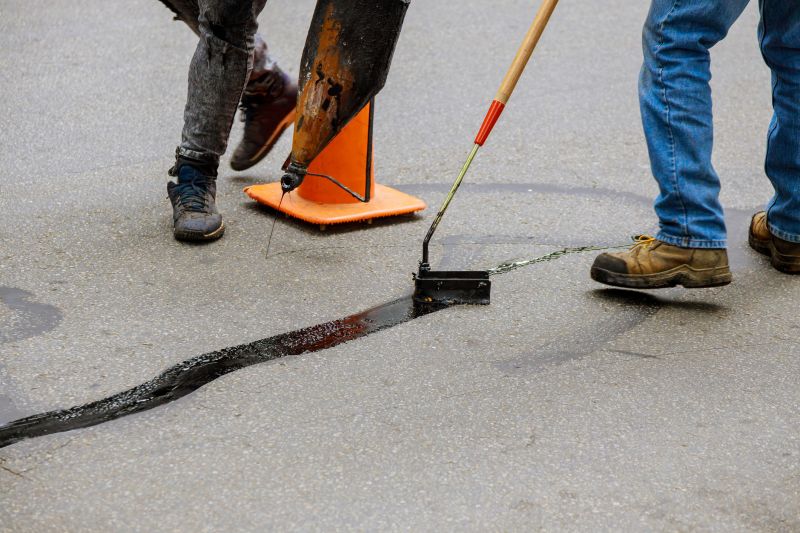
Typically recommended every 2-3 years, depending on usage and weather conditions.
| Aspect | Details |
|---|---|
| Best Temperature Range | 50°F to 85°F |
| Ideal Humidity | Low humidity levels |
| Weather Conditions | Dry, clear days |
| Seasonal Window | Late spring to early fall |
| Curing Time | 24-48 hours |
| Application Frequency | Every 2-3 years |
| Preparation Needed | Clean surface free of debris |
| Common Materials | Asphalt-based emulsions, coal tar |
Choosing the right timing for asphalt driveway sealcoatings can enhance durability and appearance. Proper scheduling ensures the coating adheres well and cures fully, providing long-lasting protection. For best results, consider local climate conditions and forecasted weather patterns.
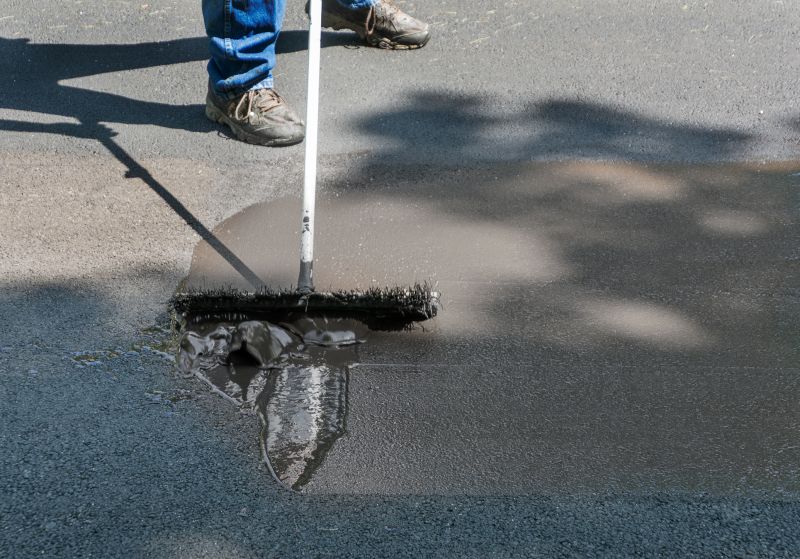
Proper surface preparation is essential before application.
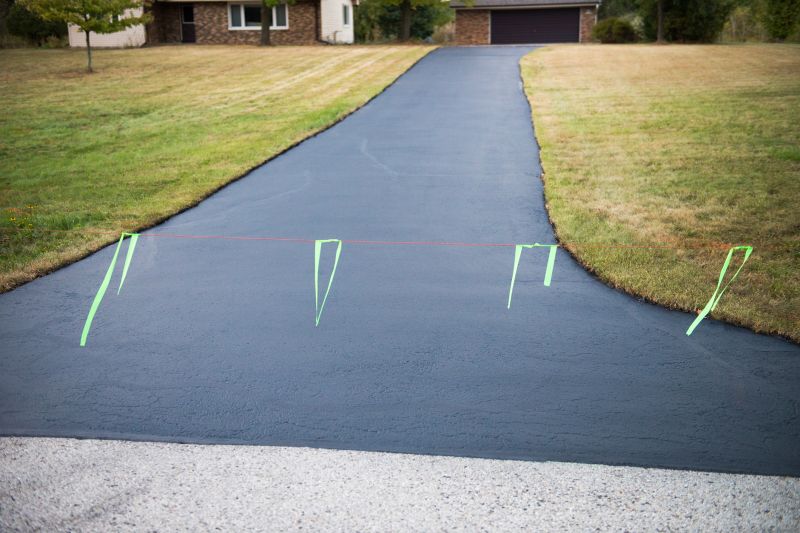
A smooth, protective finish enhances curb appeal.
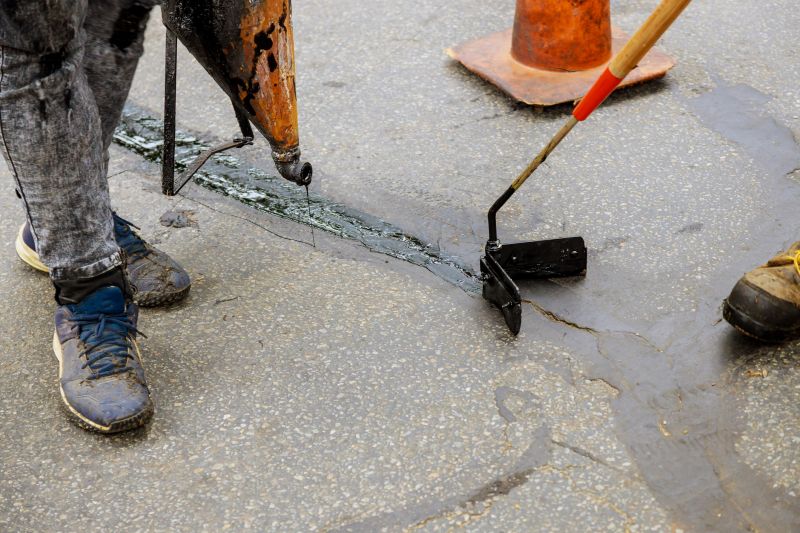
Specialized tools ensure even application and optimal results.
Interested in scheduling asphalt driveway sealcoatings? Filling out the contact form provides an opportunity to discuss suitable timing and options tailored to specific needs. Proper timing and application can significantly extend the lifespan and appearance of an asphalt driveway.
